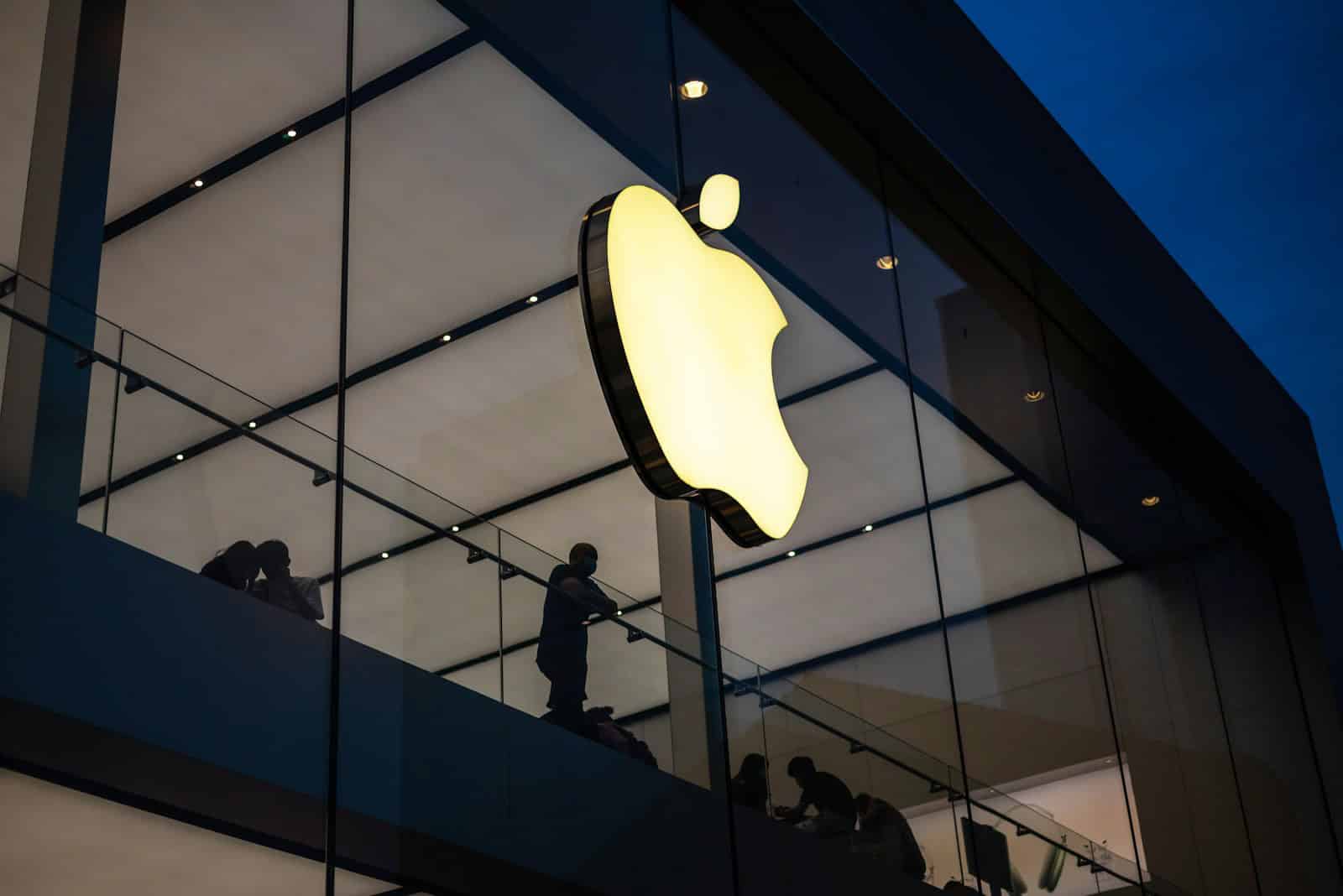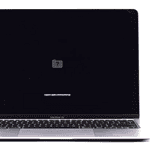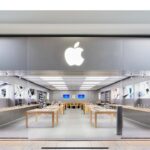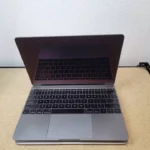In a major policy shift with sweeping implications for the tech industry, the Trump administration has announced a series of tariff exemptions that directly benefit tech giants like Apple and Samsung. Smartphones, laptops, and a range of key electronic products will no longer be subject to the previously planned “reciprocal” tariffs, sparing companies and consumers from looming price hikes.
This decision not only offers a sigh of relief to global manufacturers and importers but also signals a strategic recalibration amid inflation concerns and mounting political pressure to shield American consumers from higher tech costs.
What’s Been Exempted
A substantial list of electronics has been carved out of the tariff program, including:
- Smartphones
- Laptops
- Hard Drives
- Flat-Panel Monitors
- Semiconductors and Select Chips
- Machinery used in Semiconductor Manufacturing
These items were originally in line to face tariffs up to 145% on Chinese imports and a baseline of 10% for other countries. By exempting these categories, the administration is effectively protecting a massive chunk of the U.S. tech consumer market.
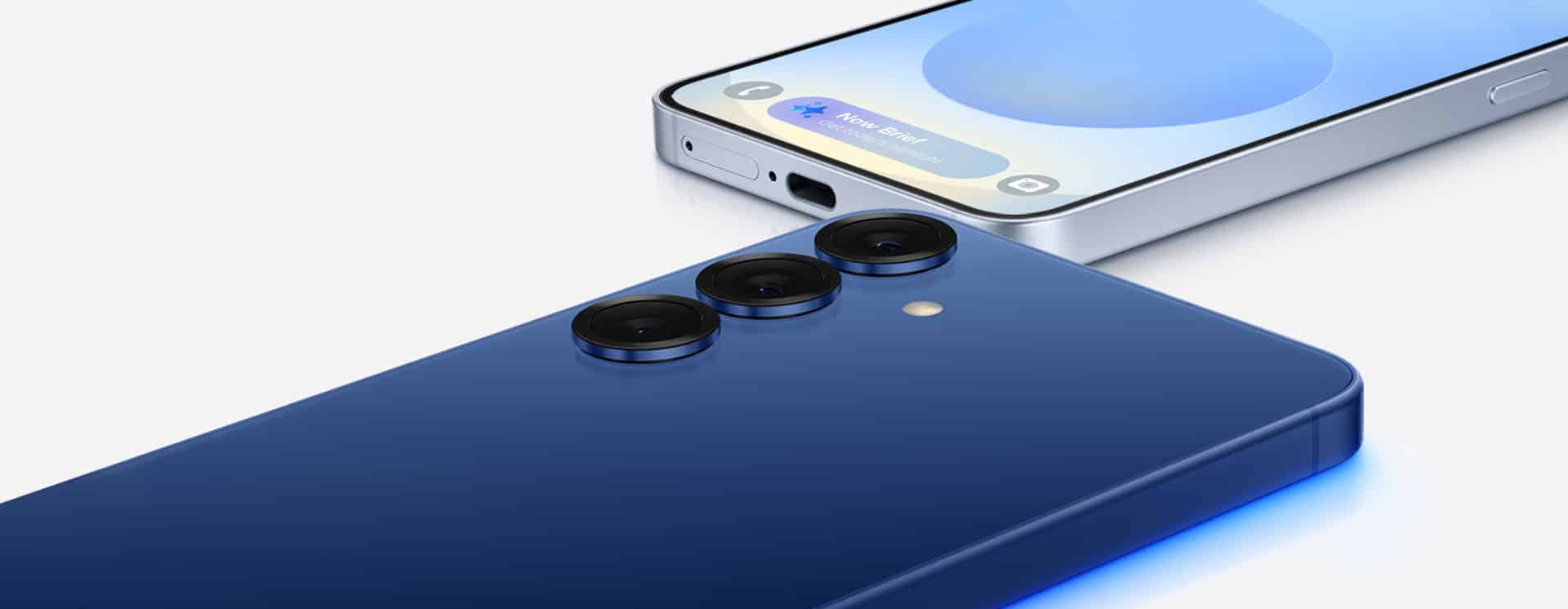
Why This Matters
Most smartphones and laptops sold in the U.S. are not manufactured domestically. For example, over 90% of iPhones are assembled in China. Applying steep tariffs would have driven up production costs, leaving Apple and others no choice but to pass those expenses to consumers. Similarly, Samsung’s heavy reliance on Vietnamese manufacturing put its global pricing strategies at risk.
With these exemptions now in place, consumers are protected from the ripple effect of those tariffs. It also helps stabilize the market, providing reassurance to investors, suppliers, and retailers alike.
Who Benefits the Most?
These exemptions are a lifeline to a wide spectrum of companies across multiple sectors:
| Company | Benefit Type | Sector | Country of Manufacturing |
|---|---|---|---|
| Apple | Avoids cost hikes on iPhones, Macs | Consumer Electronics | China, India |
| Samsung | Spared from 46% tariffs on smartphones | Consumer Electronics | Vietnam, South Korea |
| Nvidia | Chip supply chain remains intact | Semiconductors | Taiwan, South Korea |
| Dell | Avoids increases in laptop component cost | PCs and Servers | China, Mexico |
| Best Buy | Protected from product inflation | Retail & Distribution | U.S. |
| Intel | Gains price stability in chip exports | Semiconductors | U.S., Malaysia, Vietnam |
| AMD | Maintains competitive pricing for CPUs | Semiconductors | Taiwan, Malaysia |
| Protected Pixel and Chromebook pricing | Consumer Tech | Vietnam, China | |
| Microsoft | Surface and Xbox pricing unaffected | Consumer & Gaming Tech | China, Vietnam |
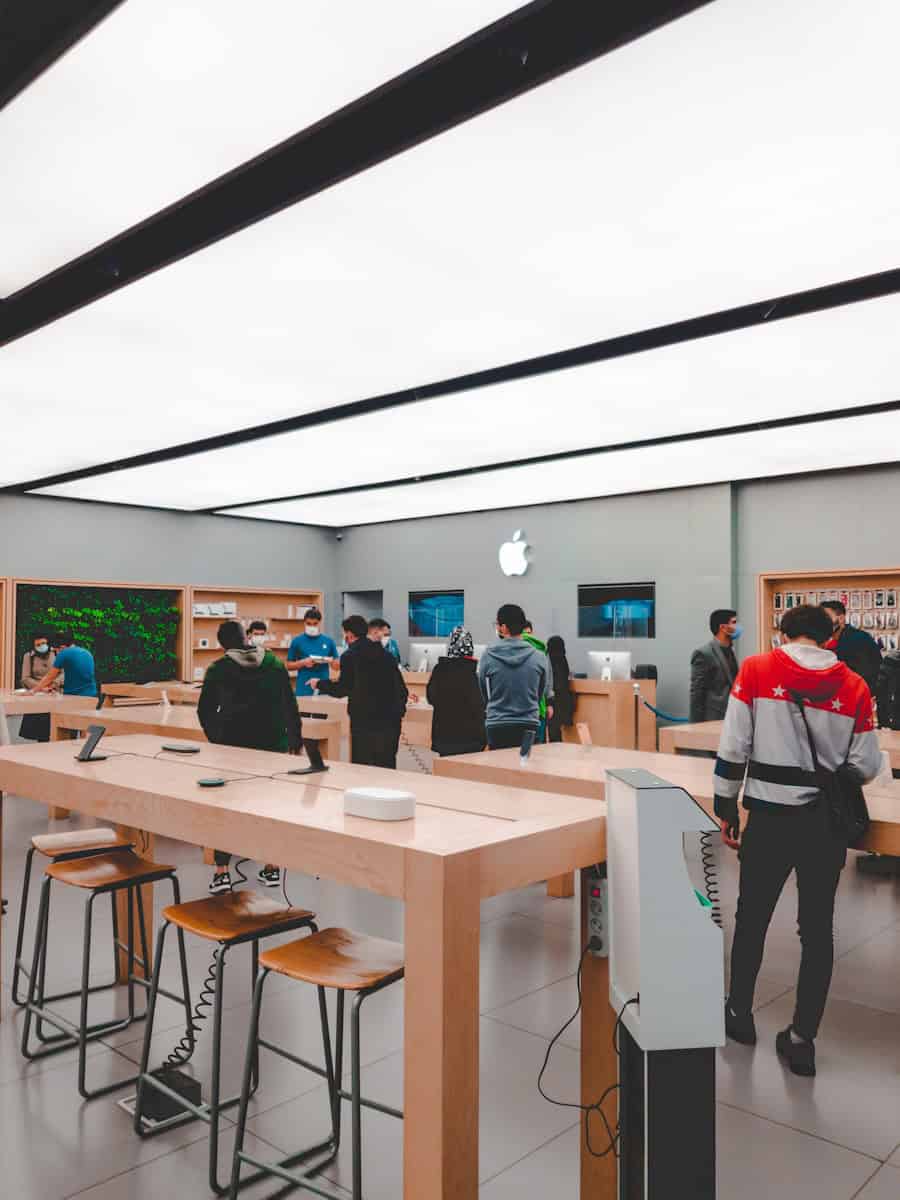
Industry Reaction and Broader Implications
Market analysts are calling this a calculated retreat designed to preserve economic stability while continuing trade pressure in other sectors. Wedbush Securities described the exemptions as removing a “massive overhang” for tech, citing the global importance of maintaining fluid electronics supply chains.
By sparing consumer electronics, the administration acknowledges that aggressive tariffs on globally-sourced products can have counterproductive consequences—including fueling inflation and undercutting American tech competitiveness.
The broader takeaway is clear: in a world of highly integrated manufacturing and just-in-time logistics, tariffs on essential tech gear can do more harm than good. This carve-out represents a win not just for multinational tech firms, but also for American consumers and economic stability.
A Temporary Relief?
While the move has been celebrated, industry insiders remain cautious. These exemptions could be reevaluated depending on future trade talks and political winds. Companies are already exploring supply chain diversification and reshoring options, but the current decision buys them crucial time to adapt.
For now, Apple, Samsung, and many others can breathe easier—and so can consumers shopping for their next upgrade.
Additional Insights: Temporary Nature and Strategic Exemptions
While the exemptions offer immediate relief for Apple, Samsung, and other tech companies, newly revealed details from the U.S. Customs and Border Protection filing highlight that this reprieve may be short-lived. The exclusions—outlined in the initial reciprocal tariff order—are part of a broader strategy to avoid cumulative tariff stacking, which would have imposed even steeper costs on sectors already affected by country-wide tariffs.
Crucially, these exemptions do not eliminate tariffs altogether but delay or segment them. For instance, semiconductors and related equipment, including machines used to manufacture chips, have been exempted—likely a nod to companies like Taiwan Semiconductor Manufacturing Co. (TSMC), which is investing heavily in U.S.-based fabs. However, former announcements from the administration have indicated that sector-specific tariffs, such as a 25% duty on semiconductors, may still be introduced later.
The products exempted—smartphones, laptops, memory chips, and processors—are widely acknowledged as impractical to manufacture domestically in the short term, due to complex supply chains and multi-billion-dollar factory requirements. These factors heavily influenced the administration’s decision to postpone tariffs in these areas.
Key Takeaways from the Customs Filing:
- The tariff exclusions are linked to the original executive order and are intended to avoid overlapping penalties.
- Semiconductors and semiconductor-making equipment are currently spared but may still face future tariffs under a separate rate structure.
- TSMC and similar chipmakers benefit directly, especially given their ongoing U.S. investments.
- The reprieve is likely temporary, and new sector-specific tariffs—possibly lower than the original 125%—could be announced in the near future.
This means while the tech industry has scored a major short-term win, uncertainty remains. Companies will need to stay agile as tariff frameworks continue to evolve, and further exemptions—or new penalties—are rolled out sector by sector.
Impact of Tariff Adjustments on the Tech Industry
Recent changes to tariffs on Chinese goods have had significant effects on the tech industry. Some electronics like smartphones and computers have been exempted, allowing companies like Apple and Samsung to maintain competitive pricing. This presents new opportunities and challenges for businesses and consumers alike.
- Smartphones avoid anticipated tariff price hikes.
- Apple and Samsung maintain stable pricing for consumers.
- Tech industry anticipates broad impacts from tariff changes.
Overview of Tariffs on China and Their Effects on Electronics
Tariffs on China have included a range of goods, leading to increased costs for many industries. Electronics producers have been particularly affected, with import taxes raising prices on essential components. A 125% tariff on imports from China, for instance, threatens to hike costs for products like laptops and gaming systems.
Such tariffs were expected to result in higher retail prices for gadgets. However, recent exemptions for certain electronics, such as smartphones, may ease pressure on companies like Apple and Samsung. The exemption can help maintain stable prices for products like iPhones, giving these companies a chance to keep up their market presence. Consumers, too, might benefit from these changes, avoiding price surges on highly desired tech products.
Benefits for Apple and Samsung Amidst Tariff Exemptions
For tech giants like Apple and Samsung, exemptions from the new tariffs can be a significant advantage. By sparing key products from increased taxes, these companies can avoid passing on extra costs to customers. In particular, Apple’s position could improve as they keep iPhone prices competitive.
Samsung also stands to benefit from these exemptions, maintaining its pricing strategy. This might enhance their ability to attract price-sensitive consumers. Overall, the tariff changes could help these companies focus on innovation and competition rather than coping with financial setbacks. Business news outlets are closely watching these developments, as they can reshape strategic approaches in the tech industry.
Implications for Consumer Privacy and Advertising
The new tariff plan’s impact on Apple and Samsung potentially affects consumer privacy and advertising. Changes in privacy settings, data protection measures, and personalized advertising are at the heart of these implications.
Privacy Settings and Data Protection Measures
Apple and Samsung are expected to enhance privacy settings to secure user data. Security measures like authentication protocols and encryption could become standard. These companies prioritize keeping personal data safe from misuse.
Geolocation data and IP addresses are collected to deliver personalized services. However, stricter guidelines will likely safeguard this information. Strengthened privacy settings can prevent spam and protect user data against unauthorized access.
Implementing better privacy settings may be complex, but this step builds trust with users. Stringent data protection measures ensure that personal data isn’t accessible without consent. Complying with rigorous privacy policies helps preserve consumer confidence in their devices and brands.
Adapting to New Regulations: Consent and Personalised Advertising
Personalized advertising is critical to engaging consumers. However, this requires collecting vast amounts of personal data. New regulations may demand clearer consent from users before gathering such data. Companies might need to revise their cookie policies to comply with these changes.
To create relevant ads, businesses rely on content measurement, audience research, and search data. As privacy laws evolve, service development needs adaptation. Advertisers must find creative, transparent ways to inform users about data usage.
Increased regulation aims to protect user rights and information privacy. By adapting to these changes, companies maintain effective advertising while respecting consumer privacy. Balancing the need for personalized content with users’ consent ensures a positive experience for all involved.
Frequently Asked Questions
The smartphone industry is seeing important changes due to the latest tariff plans, which offer certain advantages to tech giants like Apple and Samsung.
What are the latest updates on tariffs affecting the smartphone industry?
Recent plans indicate that certain tech items, including smartphones, may be excluded from new tariffs. This can lead to stabilized or reduced prices.
How will the new tariff plan benefit companies like Apple and Samsung?
Apple and Samsung gain from tariff breaks which help them maintain or reduce their costs. This can improve their profit margins and market competitiveness.
What specific tech gear items are exempt from the new tariffs?
Smartphones, certain components, and related tech gear have been spared from the newest tariffs. This exemption helps keep production costs lower for manufacturers.
What implications does the tariff exemption have on the prices of smartphones and tech gadgets?
With tariff exemptions, prices of smartphones and gadgets are less likely to rise. This can be beneficial to consumers looking for affordable devices.
How might these tariff developments impact the global market share of major tech companies?
Due to the exemptions, companies like Apple and Samsung can strengthen their position in the global market. This allows them to potentially increase market share by offering competitive prices.
In what ways can consumers expect to see the effects of the updated tariff plan?
Consumers may notice price stability or even reductions in tech gadgets. This makes new devices more accessible, encouraging more purchases and upgrades.

